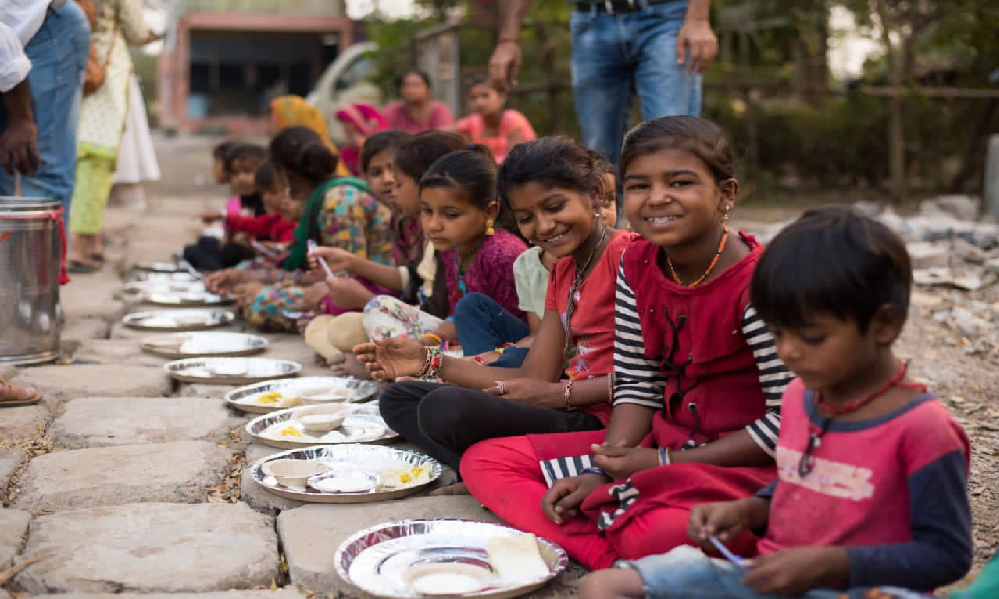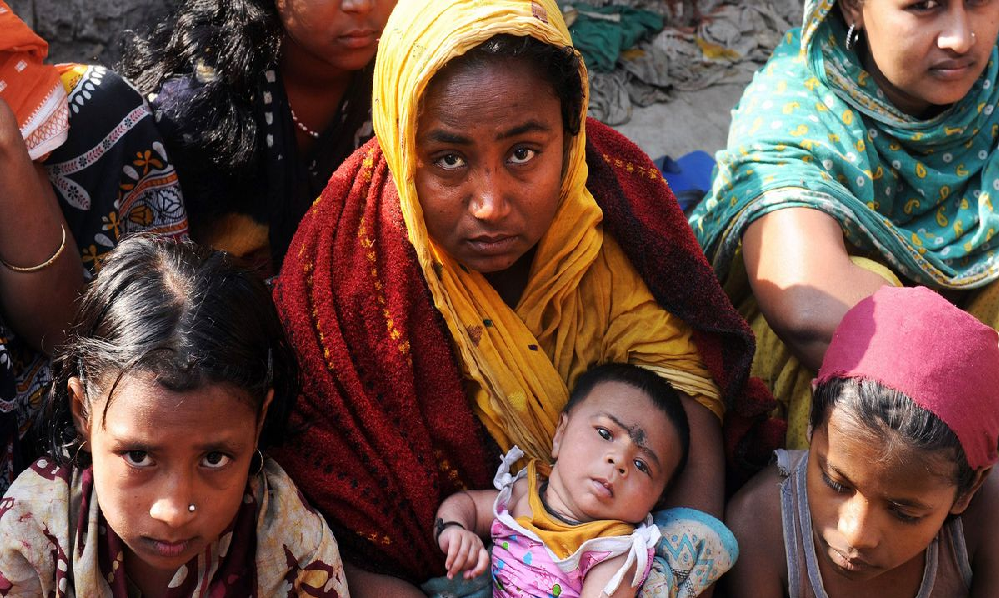Healthcare Innovations for Impoverished Populations: What’s Working?
Healthcare for impoverished populations has always been a significant challenge, with limited access to medical resources and essential treatments. However, recent innovations in healthcare have made strides toward improving the quality of life for the underprivileged. In this blog, we’ll explore healthcare innovations for impoverished populations, focusing on initiatives that have proven successful in addressing […]
Healthcare Innovations for Impoverished Populations: What’s Working? Read More »










